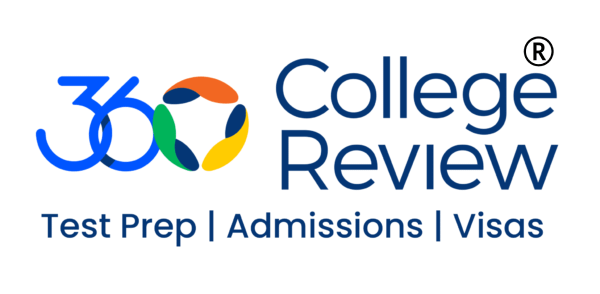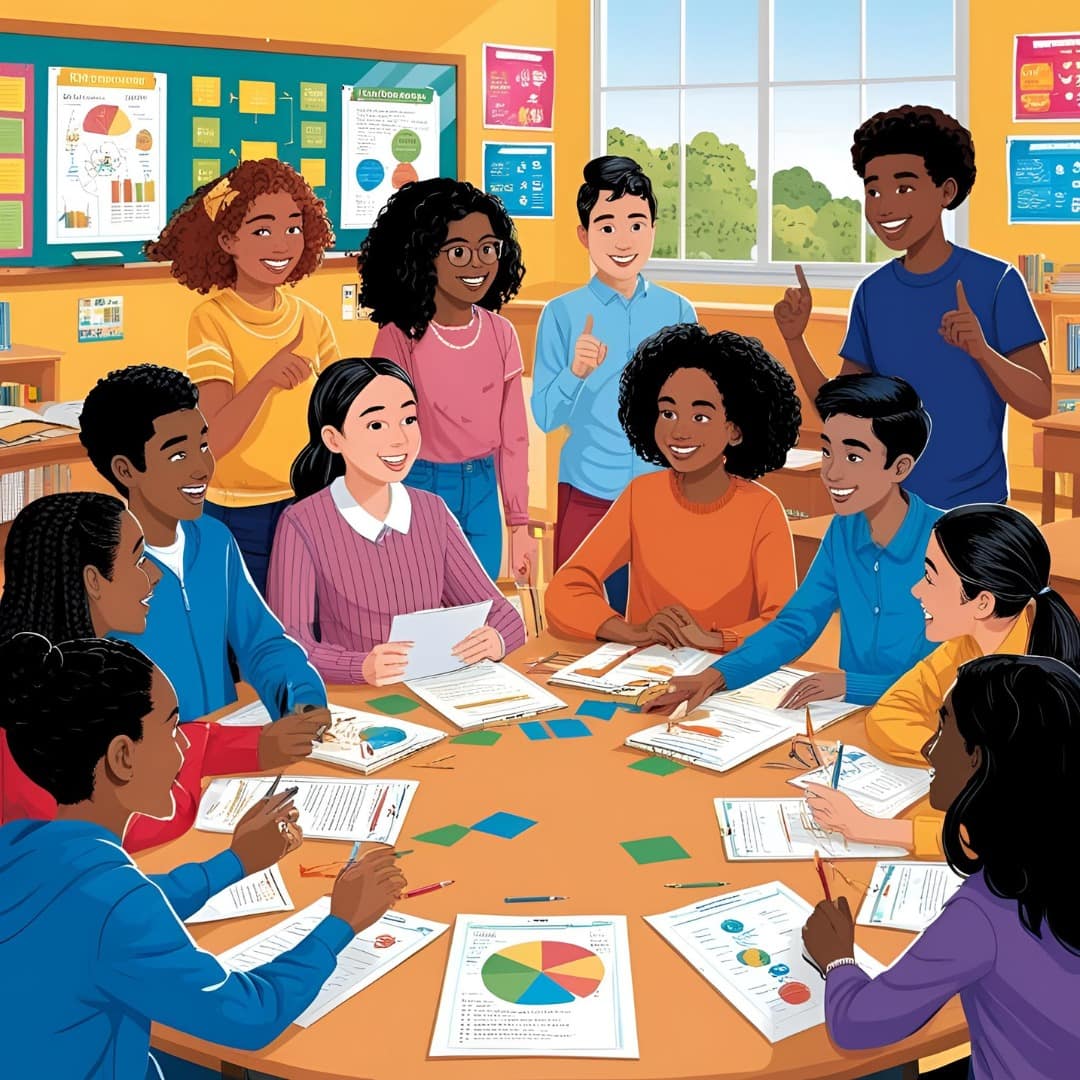
In today’s competitive job market, technical expertise alone won’t guarantee success. The contemporary workplace places greater importance on soft skills than technical skills because these abilities demonstrate employee interaction and problem-solving with others in the workplace. The authentic you will show because soft skills display your actual workplace abilities.
Hard skills showcase your theoretical knowledge yet soft skills show your character to the world. Students can do excellence in university and professionally with strong communication abilities, leadership potential, adaptability skills and effective problem-solving with teamwork abilities.
Your emotional intelligence quotient (EQ) functions alongside your intelligence quotient (IQ) as your soft skills. So it become an important pillar for the educational foundation of students to be able to understand and balance the behavioral aspect as per the demand of given surroundings. The immeasurable competencies of communication together with empathy and adaptability and teamwork and critical thinking help students succeed in university while preparing for their future career. Soft skills education produces substantial increases in workplace productivity according to scientific research as it enables an individual to manage their stress by creating boundaries and developing relationships.
What should a student do to develop soft skills:
- Challenge yourself regularly
- Adapt to changing circumstances
- Practice public speaking
- Write thoughtfully
- Question assumptions
- Seek help when needed
- Balance work with relaxation
Now you must be curious about how an interviewer can understand these many traits about an applicant in just an interview. Your performance in adapting to work relationships and innovative problem-solving indicates to employers that you have the required skills to thrive in their organization. Organizations use personality assessments and interpersonal capabilities to choose their employees and advance them within the company. Business organizations actively search for candidates who can both pinpoint difficulties and analyze underlying factors to design new solutions for organizational challenges. People with high scores on emotional intelligence tests earn higher salaries than their counterparts who obtain lower scores according to research findings. Your competency to evaluate information objectively along with your skills enables you to become indispensable to any organization. All industries and professional levels find your soft skills valuable because technological advancements cannot devalue them. Job success indicators show soft skills surpass technical expertise because they make up most success indicators in the workplace. Workers convert their human talents into fundamental competencies through functional work environment adaptations.
Communication emerges as one of the fundamental soft skills which organizations need. Success at work becomes possible through the effective presentation of ideas while showing listening abilities and flexibility based on the needs of the audience. Emotional intelligence means both understanding emotional states in yourself and others while developing your ability to control your emotions. Professionals who demonstrate high emotional intelligence earn substantially higher salaries when compared to their peers with lower emotional intelligence.
Leadership abilities develop regular employees into superior contributors at work. Strategic thinking ability emerges during problem-solving instances. The ability to think strategically becomes apparent when you solve problems. A proper blend of different talents emerges when teams collaborate together. Work teams achieving their peak performance levels create synergistic effects that yield superior quality performance results. A workplace requires cultural competence to understand and appreciate diverse perspectives of team members. The growing emphasis on teamwork in modern workplaces makes interpersonal competencies establish organizations as leaders in the market.
The combination of reliable behavior with professional execution of tasks becomes a desirable quality employers seek in their candidates. The development of your fundamental capabilities needs both active listening combined with feedback requests and journaling and deliberate exploration outside your comfort range.
Soft skills keep enduring worth across sectors and career development because technologies do not diminish them even though technical skills might become outdated. Soft skills preserve their value throughout different industries and career stages because they differ from technical skills which can become obsolete. Technology sector leaders assess soft skills during hiring because they understand they determine long-term business success.
Graduates competing for the same positions often have comparable educational qualifications. What sets you apart? Your ability to communicate effectively, collaborate with others, and approach problems creatively—the soft skills that complement your academic achievements
– The Author is Mr. Ajay Thiara , Founder & Managing Director of 360 College Review

